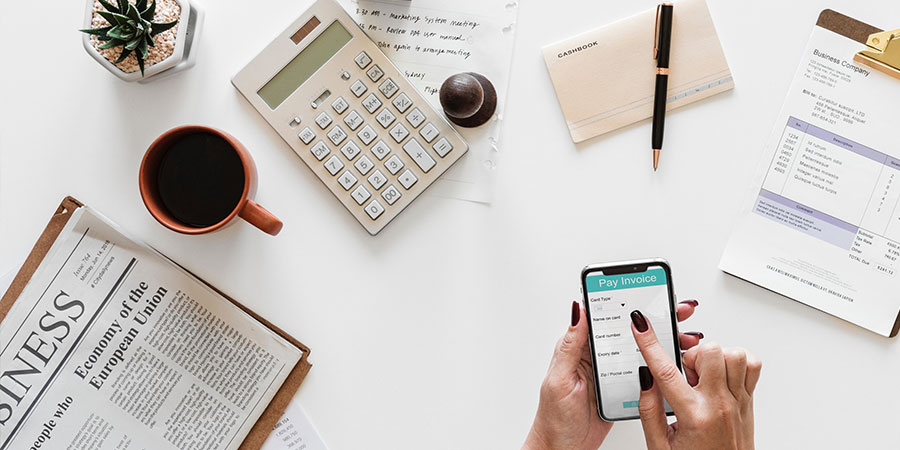Habits.
Some habits are good for us, some, not so much.
Which is why developing healthy and productive habits in our lives is something to strive for.
When it comes to building long term wealth, it makes sense that creating habits around our spending patterns and savings plans, can go a long way in sticking with those plans.
So here are five personal finance habits that I personally do that can help you to get ahead financially, that won’t take much effort or time.
Track Your Spending
There is a Japanese method of saving money called Kakeibo that is meant to be able to save you up to thirty-five percent of your income.
It stands for the household ledger. Basically, it’s a financial journal for recording everything that you spend.
The idea behind it is simple enough. By writing everything down, you will become more aware of where your money is going.
And through that awareness your spending habits will change. The mere fact that you have to write down EVERYTHING means that you’ll start to second guess all your future purchases.
It essentially makes you more financially mindful which is super powerful at changing behaviour.
Try it. Make a habit of writing down everything you spend your money on and start to see if it doesn’t change your shopping habits overall.
Plan Your Purchases In Advance
If you make it a habit of never purchasing anything that wasn’t pre-planned you’ll save yourself a lot of money.
That means impulse shopping becomes a thing of the past.
I know what you’re thinking. Where is the fun in that?
The idea isn’t so you’ll never spend on anything again, but to be intentional about what you really need rather than just see and want. Our lizard brains are wired to want things in front of us whether we really need them or not.
You might already do this with grocery shopping anyway — making a list and sticking to it. But try it with everything. If you need a new pair or shoes, write down what you need — cream flats with a pointed toe, and stick to the list.
Limit Impulse Purchases
Okay, so if you weren’t sold on the last habit, then at least make a habit of limiting your impulse purchases.
You can do this one of two ways. You can either limit yourself by money, or time.
Limiting yourself by money means giving yourself a set amount of spending each month that you can blow on whatever you like. But once that money is gone, that’s it. No more impulse purchases.
The second limit is time based. That’s where you give yourself a time frame to think about your purchase before going ahead and opening your wallet. For example, if you see a gorgeous linen skirt that you simply must have, then tell yourself that you can have that skirt — tomorrow.
Yep, give yourself a 24 hour time limit.
What this does is allow you to cool down that ‘gotta-have-it-this-instant’ rush and think about it logically. Does it go with other things in your wardrobe? Is it practical? (Hint: Linen wrinkles super easy.) Is it really a deal?
There will always be another skirt that’s better around the corner.
Create Financial Games
Another good habit to get into is to create rewards for reaching certain goals. Make a game of any financial milestones that you want to reach.
So let’s say you want to pay two grand off your credit card. A game you could create would be that you get 50 points for every day that you don’t use your card. Another 100 points each time you pay off $100.
You could also give yourself points off for anything that goes against your goal. So double negative points for using the card. If you spend $20, you lose 40 points. And so on.
Next step is to create your rewards.
Each time you hit 1000 points, you can take the night off cooking. Or whatever reward makes sense to you.
Of course the biggest reward will be when you reach your goal. But it’s super motivating to have mini rewards along the way.
Automate As Much As You Can
The next habit to get into is automating as much of your financial life as you can.
These days you can automate just about everything. Bill paying, rent/mortgage payments, even savings plans.
By automating all of that stuff it means, 1: you won’t forget to pay a bill, 2: it frees up time for other things, and 3: it just gets done.
You’d be amazed how fast your savings will grow if you set up an automated payment into your savings account each time you get paid.
You can set up auto payments either through the bill provider or through your bank.
I prefer to do it through my bank, just because it makes it easier to cancel or change if I need to.
That’s it. Five personal habits that can start today. Do you have any financial habits that have worked for you? Let me know.
Tracey 🙂
Cover Photo by Laura Marques on Unsplash


